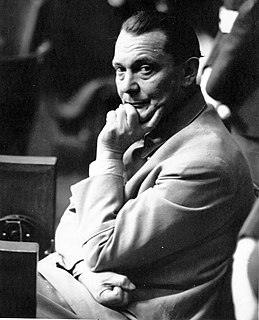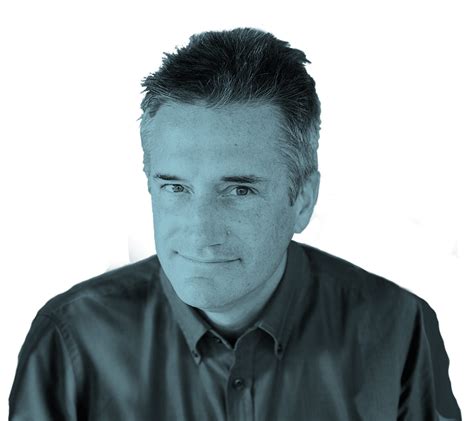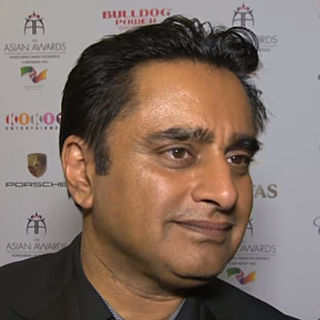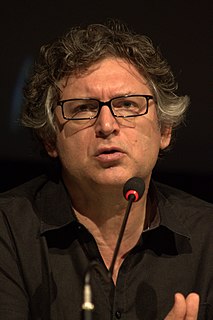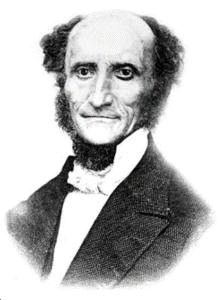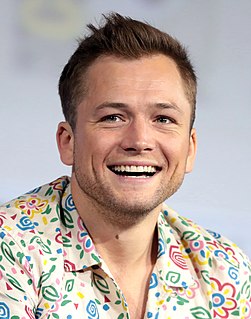A Quote by John Kleinig
My mother thought my inclinations would do well in Law, but I was too shy and deliberative - slowfooted - for that, so I determined to be an English and German high school teacher. In my first year of university I had one subject to "fill in" and chose philosophy against the advice of my counselor. My university teachers in English and German were totally uninspiring; philosophy was wonderful and my results showed it. I chose it and basically backed into a situation in which only a philosophy career seemed a viable option. I've never regretted it, but there was a lot of serendipity.
Quote Topics
Advice
Against
Backed
Basically
Career
Chose
Counselor
Determined
English
Fill
First
German
Had
High
High School
Law
Lot
Mother
Never
Never Regret
Only
Option
Philosophy
Results
School
Seemed
Serendipity
Shy
Situation
Subject
Teacher
Teachers
Thought
Too
Totally
Uninspiring
University
Viable
Well
Were
Which
Wonderful
Would
Year
Related Quotes
I flunked my exam for university two times before I was accepted by what was considered my city's worst university, Hangzhou Teachers University. I was studying to be a high school English teacher. In my university, I was elected student chairman and later became chairman of the city's Students Federation.
Philosophy - reduced, as we have seen, to philosophical discourse - develops from this point on in a different atmosphere and environment from that of ancient philosophy. In modern university philosophy, philosophy is obviously no longer a way of life, or a form of life - unless it be the form of life of a professor of philosophy.
I would say to anybody who thinks that all the problems in philosophy can be translated into empirically verifiable answers - whether it be a Lawrence Krauss thinking that physics is rendering philosophy obsolete or a Sam Harris thinking that neuroscience is rendering moral philosophy obsolete - that it takes an awful lot of philosophy - philosophy of science in the first case, moral philosophy in the second - even to demonstrate the relevance of these empirical sciences.
My mother had been an English teacher in India before she came to the U.K., and she taught me to read early on - not only in English, but in Hindi, too. My teachers didn't like the fact that I was reading more quickly than they were teaching, and as a consequence, I would sometimes get bored in class.
I drifted into a career in academic philosophy because I couldn't see anything outside the academy that looked to be anything other than drudgery. But I wouldn't say I 'became a philosopher' until an early mid-life crisis forced me to confront the fact that, while 'philosophy' means 'love of wisdom', and 'wisdom' is the knowledge of how to live well, the analytic philosophy in which I had been trained seemed to have nothing to do with life.
We the undersigned, intend to establish an instruction and training institution which differs from the common elementary schools principally in that it will embrace, outside of (in addition to) the general and elementary curriculum, all branches of the classical high school, which are necessary for a true Christian and scientific education, such as: Religion, the Latin, Greek, Hebrew, German, French and English languages; History, Geography, Mathematics, Physics, natural history, Introduction to Philosophy, Music, and Drawing.




